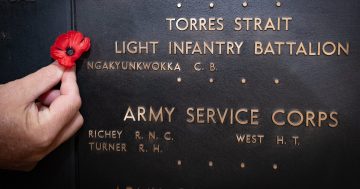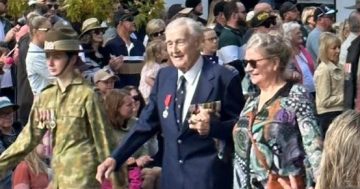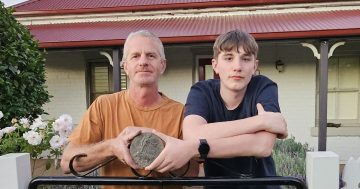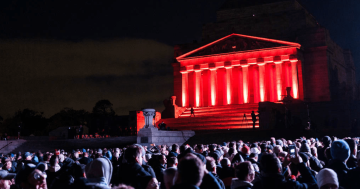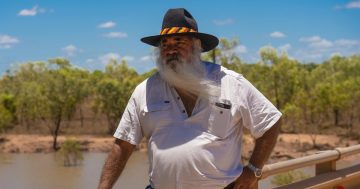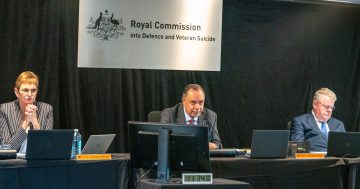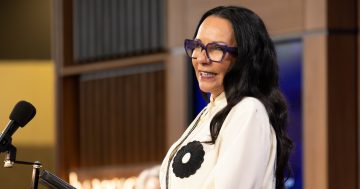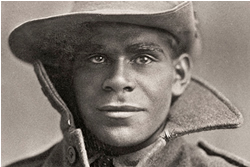 New research revealing insights into the personal experiences and challenges of Indigenous Australians during World War I has been highlighted by the Minister for Veterans Affairs as a way of recognising Reconciliation Week this week.
New research revealing insights into the personal experiences and challenges of Indigenous Australians during World War I has been highlighted by the Minister for Veterans Affairs as a way of recognising Reconciliation Week this week.
The Minister, Darren Chester, said National Reconciliation Week was an opportunity to reflect on the contribution of Indigenous men and women to military service throughout more than a century.
“Indigenous Australians have served our nation in wars, conflicts and peacekeeping operations since the Boer War in South Africa from 1899 to 1902,” Mr Chester said.
“It’s estimated that at least 1,000 Indigenous Australians served in World War I, despite regulations that discouraged their enlistment.”
He said Indigenous men were excluded from military service in Australia until May 1917 and popular thinking was that most enlisted after this date,however new research undertaken by Indigenous historian John Maynard and Indigenous academic Mick Dodson suggests the majority of Aboriginal soldiers enlisted from 1914 to 1916.
“The research shows that many Indigenous men encountered ‘official obstruction’ but this did not stop them from serving with courage and pride,” Mr Chester said.
“According to findings, the majority of Indigenous men who volunteered for the Australian Imperial Force stated they were employed as stockmen, labourers, shearers and farmhands.”
The Minister said that given they were already employed, income was not a likely reason for joining.
Mr Chester said service was an opportunity for travel and adventure and to demonstrate their belief in the war effort and their loyalty to the British Empire.
“For those who served in war, returning to Australian society proved difficult,” he said.
“Based on the research, some never returned to their communities and families, preferring isolation, while others became activists for Aboriginal advancement in the 1920s or re-enlisted in World War II.”



